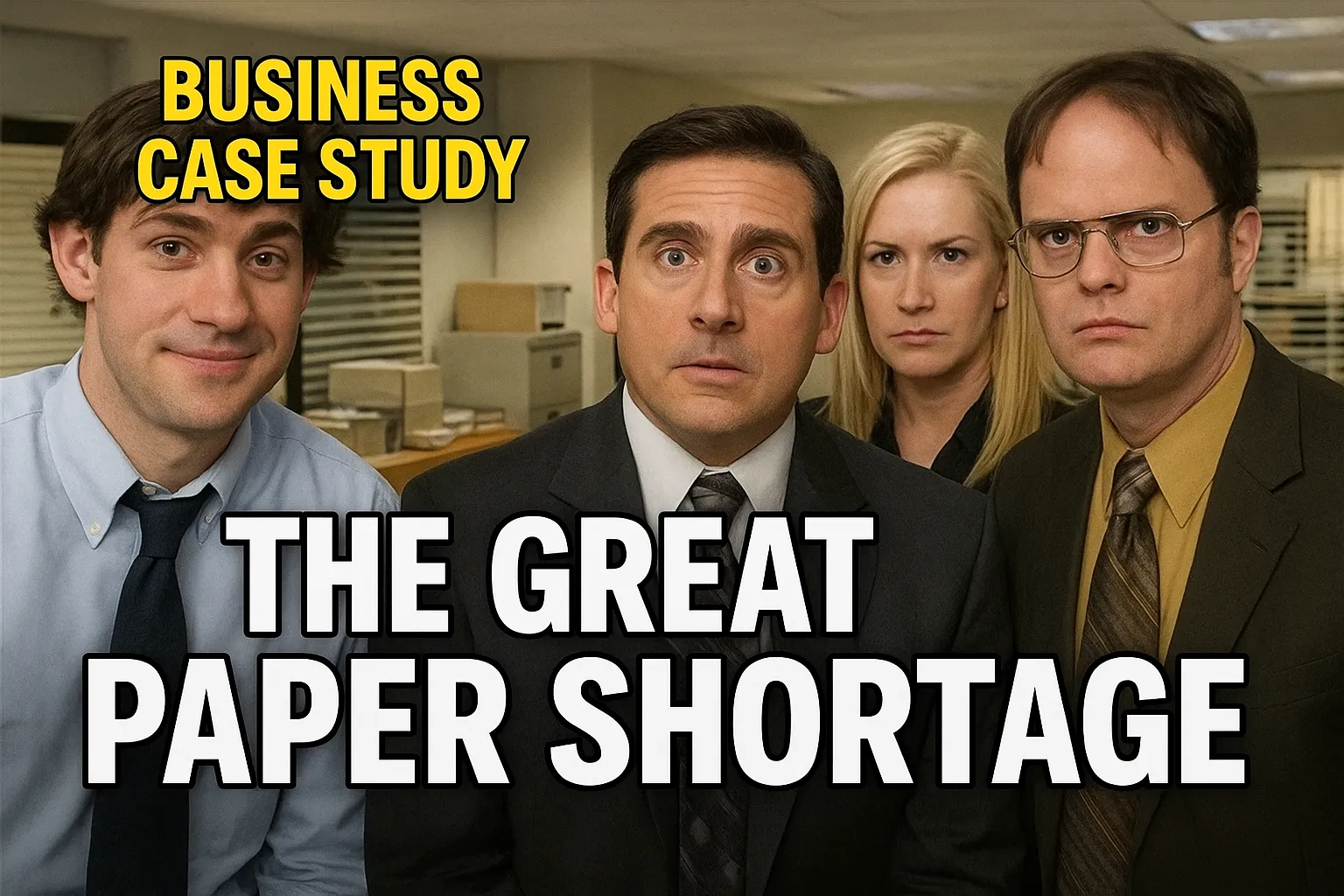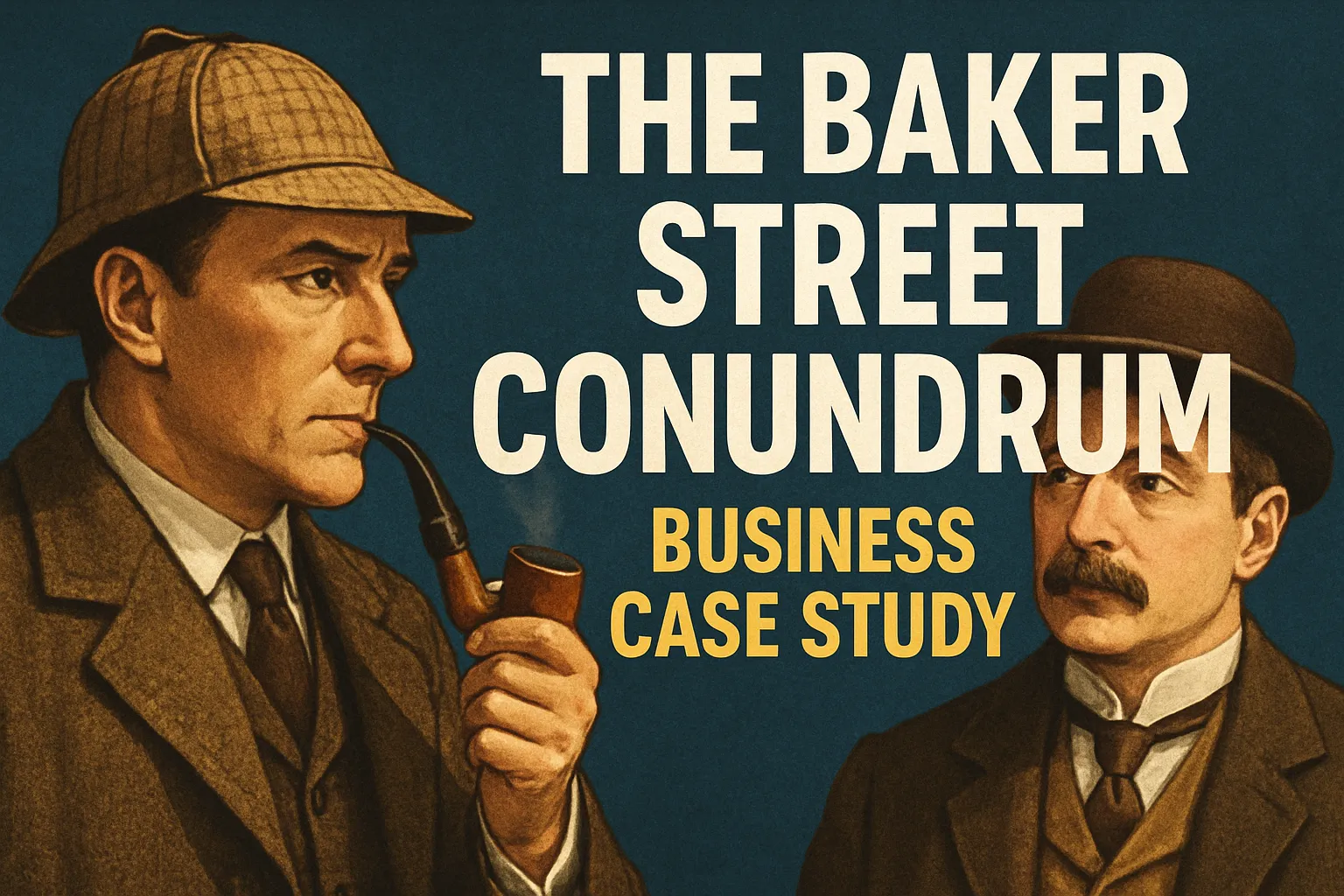 Case Studies Club
Where Strategic Minds Meet
Case Help
Case Studies Club
Where Strategic Minds Meet
Case Help
Shadow Margins - Mobile Service Disruption in Automotive Maintenance
Balancing Price, Perception, and Profit in Mobile Auto Service
Roadside Mechanics Inc. faces a pivotal decision in determining the right pricing strategy for its mobile automotive service. The company must navigate operational limits, customer psychology, and competitive positioning to create a sustainable model that builds trust while remaining profitable.
Core Themes:
Turn Business Challenges Into Strategic Wins
Browse our Insights Marketplace for frameworks and tools that drive results
Explore MarketplaceOverview
This case examines a critical inflection point for Roadside Mechanics Inc., a mobile automotive service provider challenging traditional brick-and-mortar establishments. The company's pricing strategy represents the fulcrum upon which their entire business model balances—too high, and they sacrifice market penetration; too low, and profitability evaporates despite operational efficiencies. This analysis will employ a multi-faceted evaluation framework, weighing quantitative cost structures against qualitative market positioning considerations to determine an optimal pricing strategy that balances immediate revenue needs against long-term market establishment.
Backstory
Roadside Mechanics emerged from the shadows of an industry dominated by established chains and neighborhood garages. Founded by a former civil servant seeking both financial independence and community engagement, the company operates on a counter-intuitive premise: that convenience-obsessed consumers would prefer service at their location rather than enduring the waiting room purgatory of traditional quick lubes. The founder, carrying the pragmatism of his previous career, recognized the market's untapped desire for automotive maintenance that adapts to modern schedules rather than forcing customers to adapt theirs.
The company's position remains precarious in a market accustomed to physical locations as trust signals. Without the visual reassurance of hydraulic lifts, uniformed technicians, and the theater of mechanical expertise, Roadside must substitute reputation and results—both requiring time to establish. The primary stakeholders include the founder/operator who provides both capital and labor, a small but growing customer base valuing convenience over established brand recognition, and potential investors watching this experiment with skeptical interest.
The central decision facing Roadside involves establishing a sustainable pricing architecture that acknowledges their...
🔓 Unlock This Case Study
Access full cases, analysis, recommendations, and community insights


